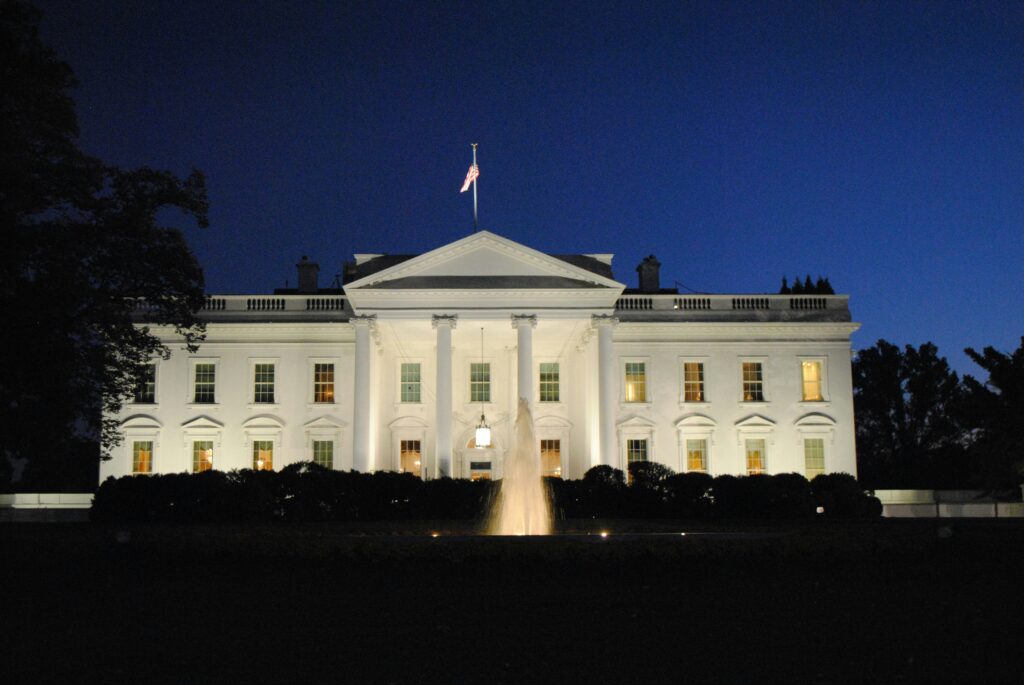
The presidency of the United States is one of the most powerful and influential positions in the world. Beyond their political legacies, former presidents also leave behind personal legacies that often include significant assets and estates. Just like ordinary citizens, presidents must engage in estate planning to ensure the smooth transfer of their wealth and the preservation of their legacies. In this article, we’ll explore the estate planning strategies employed by several former U.S. presidents and the lessons they offer for individuals navigating their own estate planning journey.
- George Washington: The Father of Estate Planning: As the nation’s first president, George Washington set a precedent not only for political leadership but also for estate planning. Washington was a meticulous planner who understood the importance of preserving his legacy for future generations. He drafted a detailed last will and testament that allocated his extensive estate among family members, friends, and loyal servants. Washington’s estate planning efforts serve as a reminder of the importance of clarity, foresight, and attention to detail when preparing one’s final wishes.
- Thomas Jefferson: Legacy Preservation: Thomas Jefferson, the author of the Declaration of Independence and the nation’s third president, was a firm believer in the power of legacy preservation. Jefferson used estate planning to provide financial support for his grandchildren and ensure their education and well-being. By utilizing trusts, Jefferson was able to protect his assets, minimize tax liabilities, and provide for future generations in a structured and controlled manner. Jefferson’s embrace of trusts underscores their versatility and effectiveness in estate planning. You can learn more here: https://www.monticello.org/research-education/thomas-jefferson-encyclopedia/last-will-and-testament/
- Abraham Lincoln: Intestate Succession and the Importance of a Will: Abraham Lincoln, the 16th president of the United States, famously rose from humble beginnings to become one of the nation’s greatest leaders. However, Lincoln’s approach to estate planning was surprisingly simple. Despite his immense responsibilities and historical significance, Lincoln died intestate, meaning he did not leave behind a will. As a result, his estate was subject to the laws of intestate succession, and the distribution of his assets was determined by the courts. Lincoln’s oversight serves as a cautionary tale about the importance of having a will in place to ensure that one’s final wishes are carried out as intended.
- Theodore Roosevelt: Philanthropy and Charitable Giving: Theodore Roosevelt, the 26th president of the United States, was not only a statesman and conservationist but also a philanthropist. Roosevelt believed in the power of charitable giving to effect positive change in society. As part of his estate planning efforts, Roosevelt made substantial bequests to various charitable organizations and causes that were dear to him. By incorporating philanthropy into his estate plan, Roosevelt left behind a lasting legacy of generosity and social responsibility. His example demonstrates how individuals can use estate planning as a tool for giving back to their communities and making a difference in the world.
- Franklin D. Roosevelt: Disability Planning and Special Needs Trusts: Franklin D. Roosevelt, the only president to serve four terms in office, faced unique challenges due to his physical disability caused by polio. Despite his disability, Roosevelt was a visionary leader who transformed the nation through the New Deal and led the country through World War II. In addition to his political achievements, Roosevelt’s estate planning efforts were noteworthy for their emphasis on disability planning. Roosevelt established methods to provide ongoing financial support for his wife, Eleanor, and their daughter, Anna, who had disabilities. Roosevelt’s commitment to disability planning highlights the importance of considering the needs of loved ones with special needs or disabilities in estate planning. You can see FDR’s will here: http://docs.fdrlibrary.marist.edu/psf/box23/t903aj02.html
- John F. Kennedy: Privacy and Trust Administration: John F. Kennedy, the 35th president of the United States, was known for his charisma, leadership, and vision for a better future. Kennedy’s estate planning efforts focused on privacy and trust administration to protect his family’s assets and privacy. Kennedy established trusts to hold and manage his assets, allowing for discreet and efficient administration outside of the public eye. By prioritizing privacy and trust administration, Kennedy ensured that his family’s financial affairs remained confidential and protected from undue scrutiny.
- Barack Obama: Estate Planning Lessons for Modern Times: Barack Obama, the nation’s first African American president, ushered in a new era of leadership and progress during his two terms in office. In addition to his political achievements, Obama’s estate planning efforts offer valuable lessons for individuals in the modern era. Obama utilized sophisticated estate planning techniques, including revocable living trusts and charitable remainder trusts, to protect his assets, minimize tax liabilities, and provide for his family’s future. Obama’s estate planning strategies exemplify the importance of adapting to changing legal and financial landscapes and leveraging advanced planning tools to achieve one’s estate planning goals
From George Washington to Barack Obama, former U.S. presidents have employed various estate planning strategies to preserve their legacies and provide for their loved ones. Their experiences offer valuable lessons for individuals navigating their own estate planning journey. Whether it’s drafting a will, establishing trusts, incorporating philanthropy, or planning for special needs, estate planning allows individuals to protect their assets, minimize tax liabilities, and ensure that their final wishes are carried out according to their wishes. As we reflect on the legacies of our past leaders, let us also heed the lessons they offer for securing our own financial futures and preserving our own legacies for generations to come.
Don’t wait until it’s too late; start your estate planning journey with Gentreo today. By doing so, you’ll not only protect your loved ones but also gain the peace of mind that comes with knowing your legacy is secure. Click here to join now https://private.gentreo.com/auth/register.
This article is for informational purposes only and should not be considered legal advice. Consult with a qualified attorney or estate planning professional for personalized guidance.*







